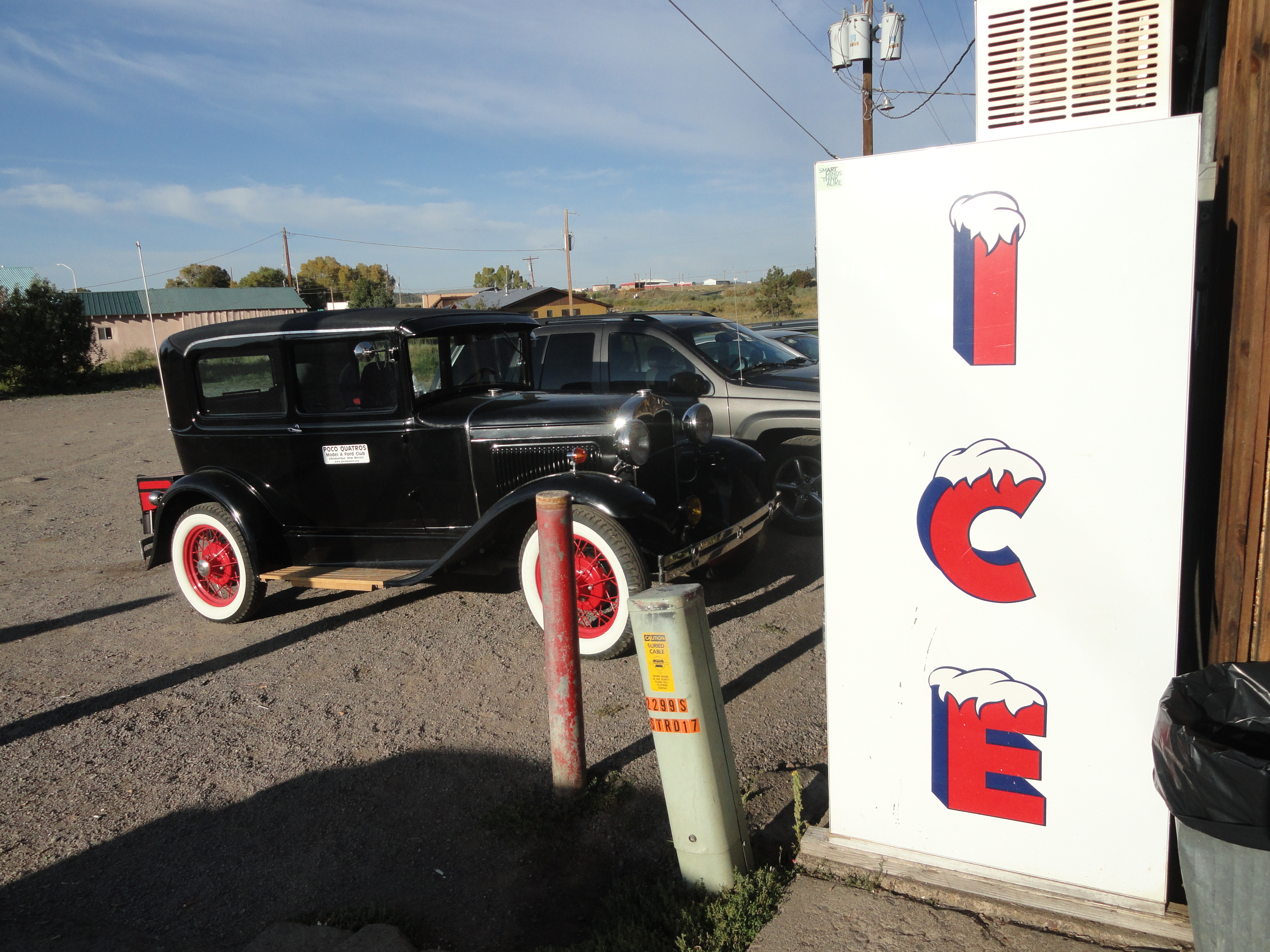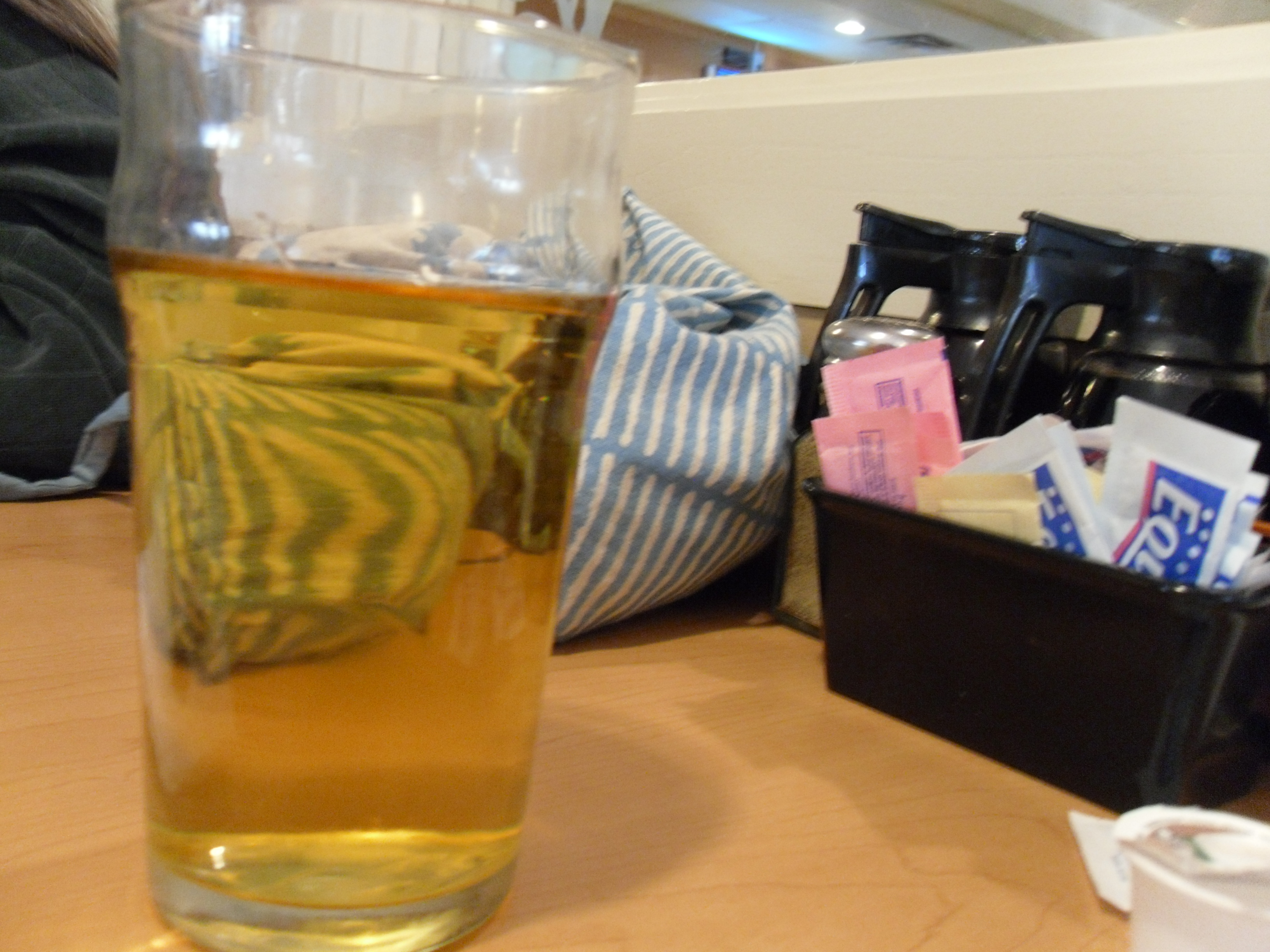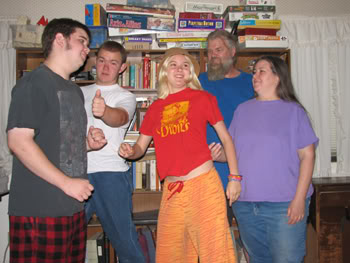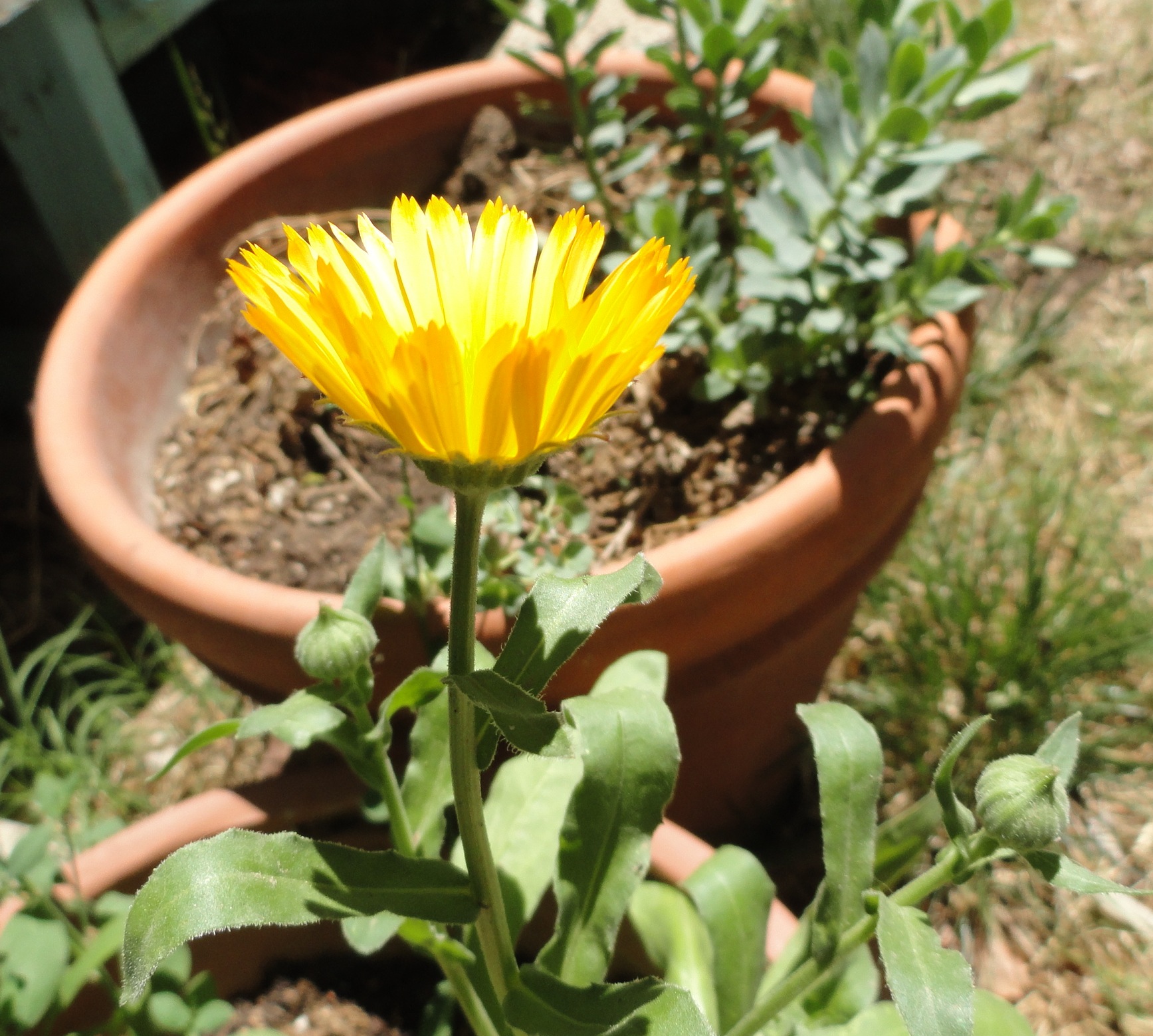
Kirby was five and not going to go to school that year when I decided to keep the whole idea of a structured curriculum divided into subjects secret from him for a while. So we carefully and purposefully avoided using these terms: science, history, math.
He was too young for us to need to avoid terms such as "social studies" (which doesn't come up outside of school anyway) or "grammar," but I was prepared to rethink my list of terms to avoid as he got older, if he continued to stay home.
By the time his brother and sister were unschooling, some of those "names of subjects" (in school parlance) had been discovered on TV shows about school, or in jokes or songs. Don't know much about history; don't know much biology… By then, though, I was ready with confident answers, and we were all sure natural learning could work.
If you can avoid using school terminology, it will be helpful in many different ways that you will figure out if you don't already see them.
photo by Sandra Dodd, at The High Country, in Chama, 2011
__


















